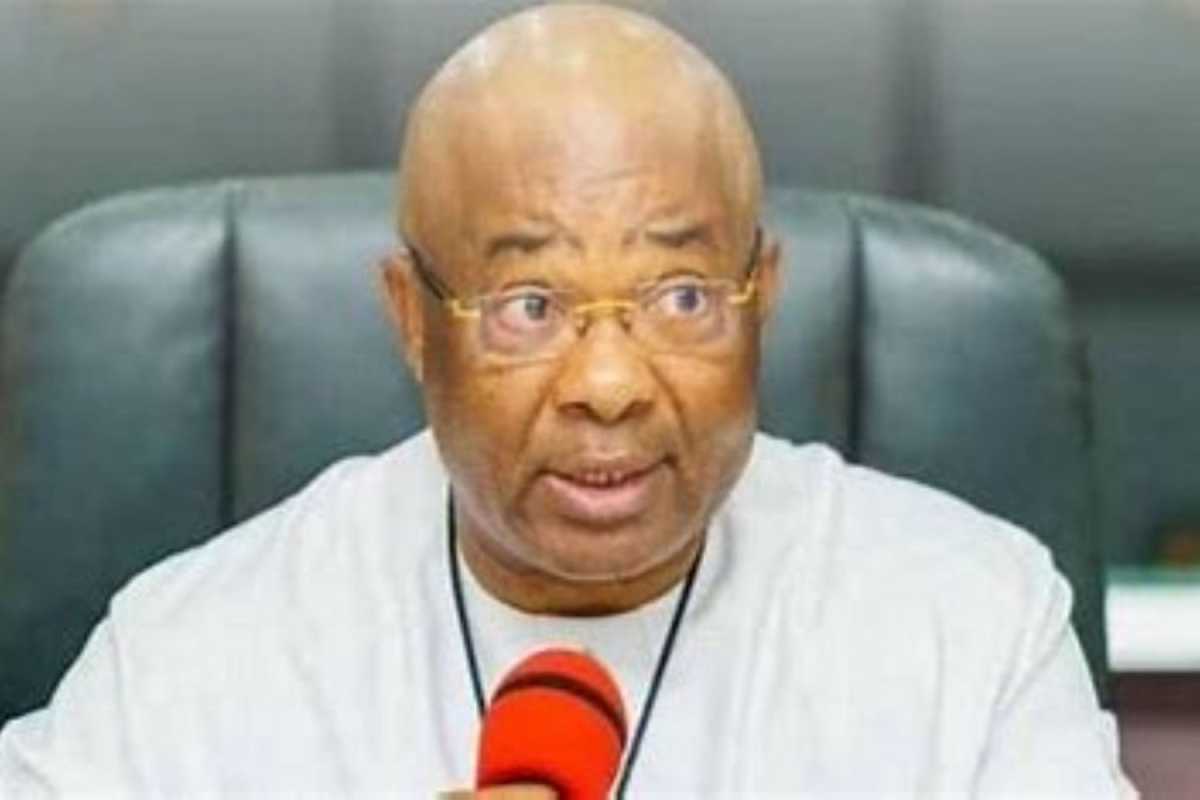Business
Imo State’s Former Finance Commissioner Criticizes Monetary Policy Committee’s Decision

Imo State‘s former Commissioner for Finance, Professor Uche Uwaleke, has expressed criticism towards the recent decision made by the Monetary Policy Committee (MPC) regarding the hike in the Monetary Policy Rate (MPR) to 22.75%. Professor Uwaleke described the action as an ‘overkill’ with the potential to disrupt the economy.
The MPC, led by Central Bank Governor Olayemi Cardoso, convened its initial meeting of 2024 and opted to raise the benchmark interest rate by 400 basis points, bringing it to 22.75% from the previous 18.75%.
During an interview with ARISE NEWS, Professor Uwaleke characterized the significant increase in the MPR as excessive and potentially detrimental to the overall economy. He likened the sudden hike to a patient overdosing on medication, stating that such a drastic measure may end up causing harm instead of healing.
Uwaleke highlighted the potential negative impact of the MPR hike on GDP growth, pointing out that such a sharp adjustment could hinder the country’s economic expansion. He noted that monetary policy should not function in isolation but should work in tandem with fiscal policy to achieve stable economic growth and low inflation rates.
Explaining the repercussions of the MPR hike on fiscal policy, Uwaleke emphasized the need for coordination between monetary and fiscal measures to avoid conflicting objectives. He expressed concern that the 400 basis point increase in the MPR could counteract the government’s efforts to stimulate growth and enhance access to credit through initiatives like the conditional credit scheme and student loans program.
Proposing an alternative course of action, the professor suggested that the MPC could have implemented a more measured approach by tightening monetary policy gradually. He recommended a moderate increase in the MPR, followed by a monitoring period to assess its impact on the economy before making further adjustments.












